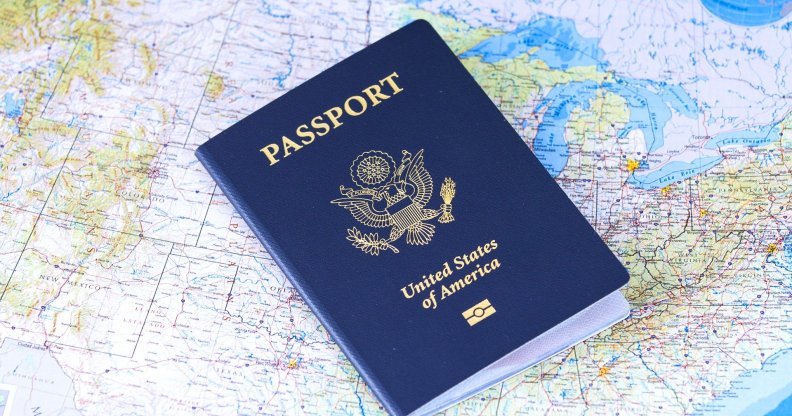Forcing trans people to submit medical proof for a passport ruled unconstitutional by federal judge

United States Passport (cytis/Pixabay)
A federal judge has ruled that requiring trans people to prove their gender to get a passport is unconstitutional.
Oliver Bruce Morris, a trans man from Nevada, was denied a passport in 2018 because the gender marker on his application didn’t match his birth certificate.
The state department said at the time he needed a doctor’s note “stating that you have had appropriate clinical treatment for transition to the new sex”, which he was unable to provide as he wasn’t under a doctor’s care.
In a landmark ruling, judge Gloria M. Navarro blasted officials, writing: “[The State Department] has provided no explanation, let alone any evidence, of why [it] has an important interest in verifying a transgender passport applicant’s gender identity.”
Judge Navarro ruled that the requirement for a doctor’s letter violated Morris’ Fifth Amendment rights for equal protection.
“There is little doubt that the State Department has an interest in accurately representing the identities of US citizens to foreign nations,” she added.
“However, the only facet of identity at issue here is a passport applicant’s sex or gender.”
She argued that there was no “cogent explanation of why the policy requiring a physician’s certification increases the accuracy of issued passports”.
Currently, the state department requires trans people to have certification from a doctor showing they have “had appropriate clinical treatment for gender transition to the new gender of either male or female” to get a passport with the correct gender marker.
When he applied for his, Morris was receiving hormone replacement therapy from a nurse practitioner. He said he had not had any gender affirmation surgery because of his insurance, and therefore wasn’t under a doctor’s care.
“Not all transgender persons receive or require physician treatment,” judge Navarro noted.
Morris sued the department with the help of Nevada Legal Services.
He told the Nevada Review-Journal when he filed the suit in 2019: “Maybe with my voice being heard, then maybe my family will see it and have a better understanding and see how personal this all is for me.
“That I’m a person. That I’m a human. That I’m myself. That I’m Oliver.”

